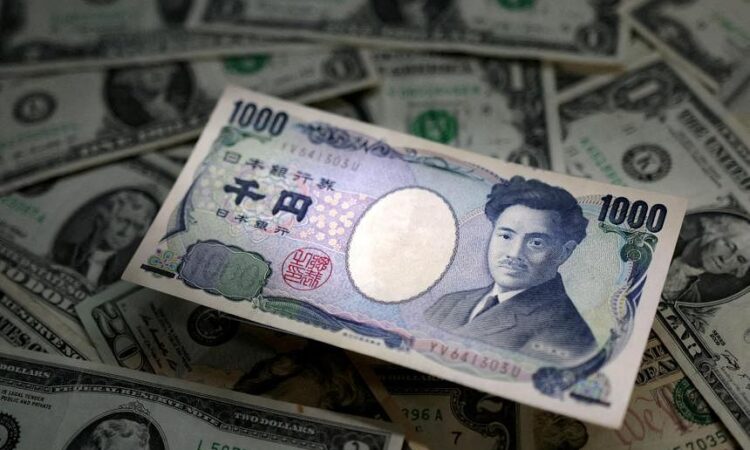
WASHINGTON – The US Treasury on June 20 said no major trading partner appeared to have manipulated its currency in 2023, but it added Japan to a foreign exchange “monitoring list”, alongside Singapore, China, Malaysia, Vietnam, Taiwan and Germany, which were on the previous list.
The Treasury’s semi-annual currency report found that none of the countries examined met all three criteria triggering “enhanced analysis” of their foreign exchange practices during the four quarters through December 2023.
Countries are automatically added to the list if they meet two of the three criteria: A trade surplus with the United States of at least US$15 billion (S$20.3 billion), a global current account surplus above 3 per cent of gross domestic product (GDP) and persistent one-way net foreign exchange purchases of at least 2 per cent of GDP over 12 months.
The Treasury said Japan, Vietnam, Taiwan and Germany all met the criteria for trade surpluses and an outsized current account surplus.
A current account surplus means that a country has more exports and incoming payments than imports and outgoing payments to other countries.
Singapore met the criteria for engaging in persistent foreign exchange intervention and a material current account surplus, and Malaysia met only the current account surplus criterion, but once on the list, it takes two currency report cycles to be dropped off.
China was kept on the monitoring list because of its large trade surplus with the US and because of a lack of transparency surrounding its foreign exchange policies.
“China’s failure to publish foreign exchange intervention and broader lack of transparency around key features of its exchange rate mechanism continues to make it an outlier among major economies and warrants Treasury’s close monitoring,” the Treasury said in the report.
The report also raises questions about China’s reporting of data on its current account balance, which showed its surplus fell to 1.4 per cent of GDP in 2023 from 2.5 per cent in 2022.
The Treasury said China’s balance of payments data published by the State Administration of Foreign Exchange on the country’s trade surplus appear to be at odds with China’s own customs data and that of other trading partners.
A US Treasury official said the department was trying to understand such “anomalies”.
Japan’s interventions
The official said Japan’s recent foreign exchange interventions to prop up the value of the yen were not a factor in deciding to add the country to the currency monitoring list.
The official instead cited Japan’s high 2023 trade surplus of US$62.4 billion with the US and its global current account surplus of 3.5 per cent of GDP, up from 1.8 per cent in 2022.
But the Treasury report said that Japan had intervened in April and May 2024 – outside the period covered by the report – for the first time since October 2022, buying yen and selling dollars to strengthen the yen’s value.
The Treasury said Japan was transparent in its foreign exchange operations but added: “Treasury’s expectation is that in large, freely traded exchange markets, intervention should be reserved for only very exceptional circumstances with appropriate prior consultations.”
Speaking to reporters on June 20, Japan’s top currency diplomat, Mr Masato Kanda, said he did not see a problem with Japan being included on the US currency monitoring list, adding that it was assessed according to mechanical criteria.
The report said most foreign exchange interventions in 2023 focused on selling US dollars – actions that strengthen a currency’s value against the US dollar. The US dollar has strengthened over the past two years as the Fed has raised interest rates sharply to cool inflation.
The greater concern in the Treasury report is on interventions to buy US dollars and thus weaken other currencies.
“Thus, it is not a surprise that in the four quarters through December 2023, no trading partner was found to have manipulated the rate of exchange between its currency and the US dollar for purposes of preventing effective balance of payments adjustments or gaining unfair competitive advantage in international trade,” the Treasury said. REUTERS



